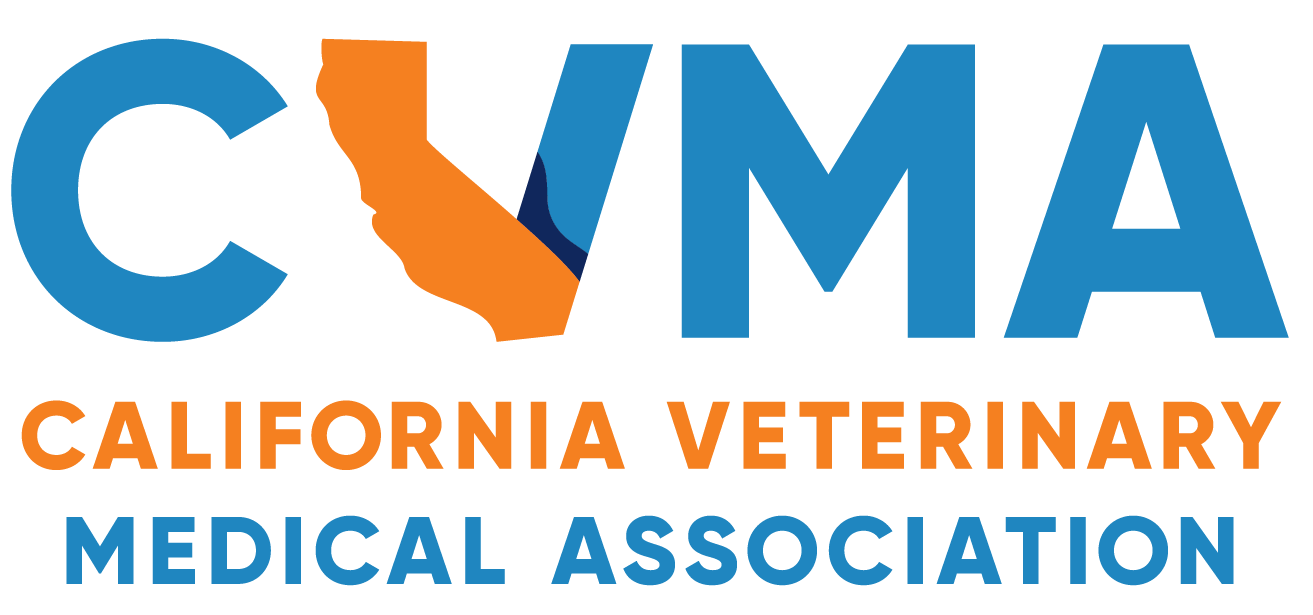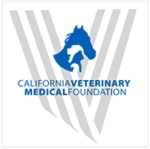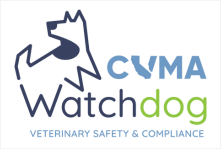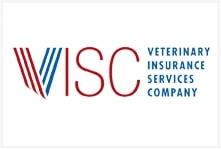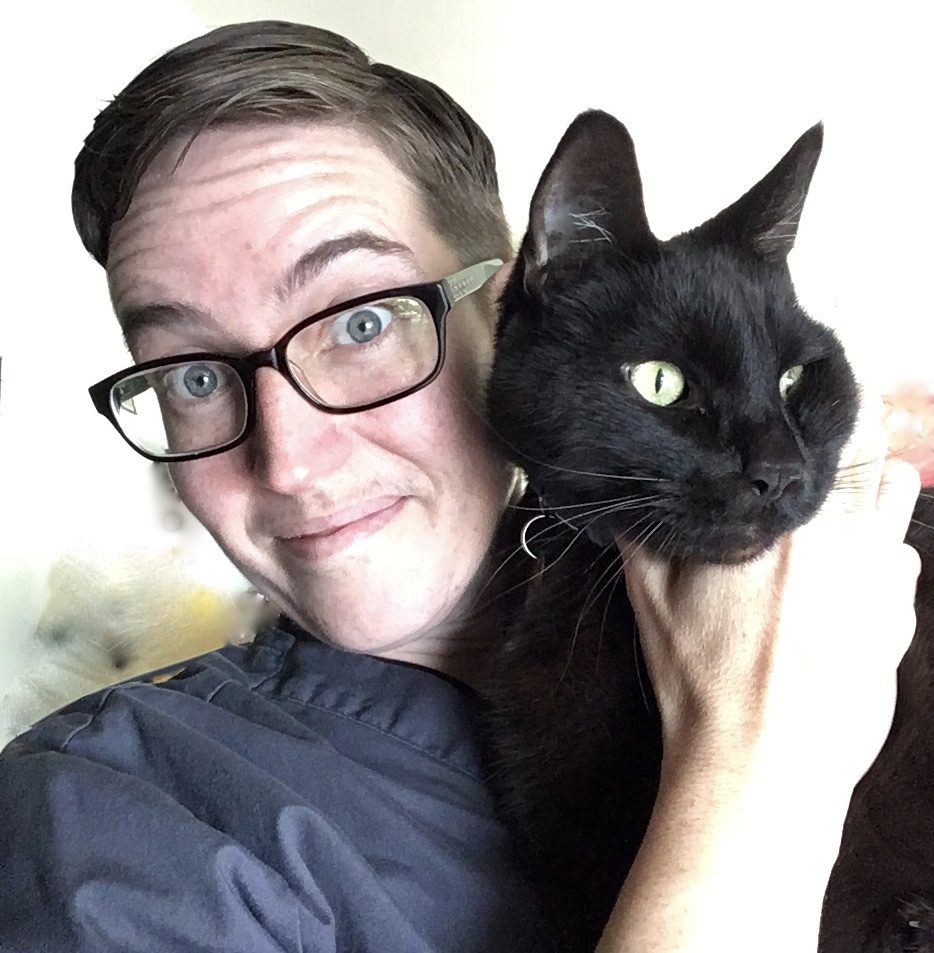
This article was originally printed in the Sept/Oct 2025 issue of the California Veterinarian magazine.
TARYN DEOILERS: What inspired you to pursue your VTS?
NICOLE DICKERSON: The first CE conference I ever attended was the Western Veterinary Conference in Las Vegas. This was when I was still in veterinary technician school, so I was just
starting out and finding out where my interests lie. I was so inspired by the veterinary technician specialists who gave lectures on complex subjects, such as the pathophysiology of diabetic ketoacidosis or special considerations for neonatal patients.
I thought, “What a special thing to stand in front of your vet tech community and create enthusiasm for the rough and tumble job that we do every day.” I had heard about obtaining a VTS in school, but it seemed very far away from where I was at in my career. Learning from these speakers made it real. They knew so much. That’s where I wanted to be. That’s the level I wanted to reach.
Why did you choose ECC?
I was a theater stage manager for 10 years before I started work in veterinary medicine. I naturally gravitated towards the sector of this field that carries the same complexity and urgency that I was used to in live theater. Critically thinking on the spot, being compassionate to people’s needs in the most stressful of situations, and maintaining composure as things melt down around you… all very familiar to me. And the medicine was fascinating. You get to see EVERYTHING. You can move through every department with a critical patient, and I loved that.
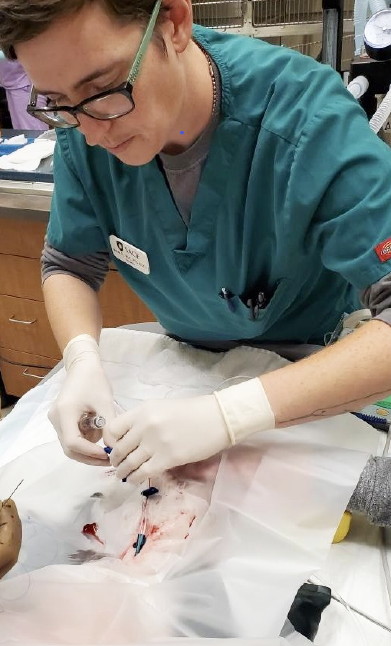
What was the certification process like for you?
Hoo wee, it was hard! It ruled my life for two years: a year for the application, and about a year to study and take the test. I took all the intense cases, did all the advanced skills, documented it, and wrote it all up. I worked a swing shift, so I would be up in the morning and working on my application or studying until I left for the early-afternoon start of my shift. Then I would do everything in the ER and be back at the VTS work the next morning.
I brought my giant textbooks everywhere. I have a picture of my Silverstein and Hopper Small Animal Critical Care Medicine textbook on a camping stool by a campfire, because at that point in my life it was as important as the tent I slept in.
How has earning your VTS affected and/or expanded your career?
Doing the advanced clinical work is part of the VTS process, but I think the real purpose of gaining your VTS is to be a guiding force for other veterinary technicians. All my work has opened a door to a whole other level of knowledge that I didn’t get in school or my daily work in the clinic. It is a great privilege to be able to share what I know with everyone around me. I love pointing out something that seems so benign, so average, and making a miracle out of it.
“Do you all see this wave form from the pulse ox? Do you know what that’s called? Photoplethysmogram!” One of my best friends once said to me, “You know, you’ll never be normal again.” What veterinary technicians do every day is amazing, and having my VTS allows me to show my fellow vet techs the science of WHY they are so amazing.
What is your favorite part about being specialized in ECC?
Because ECC covers so much, it makes it easy to move around. Emergency technicians see a bit of everything, so if interests or career choices vacillate between one thing or the other, it all feels doable. We are constantly in the position of not knowing what comes next or adapting to unpredictable developments. I think this makes emergency technicians some of the most useful people on the planet.
What kind of skills and/or personality do you feel you need to earn a VTS (ECC) and then excel with it?
If you like writing, veterinary technician advocacy, or talking in front of people, then the VTS path is for you. Of course, there are many technicians with VTSs who want to remain focused on doing the clinical work. Universities are the places where VTSs are teaching our future veterinarians how to do all the hands-on skills.
Regardless of what you choose as the VTS afterlife, you will work hard. This is not for the faint of heart. It’s completely self-motivated. There’s no class, no official program. You have to want it. But I can tell you: Once you get it, it’s the best feeling in the world.
What advice would you give to an RVT interested in pursuing a VTS?
Don’t rush it. You’ve got time to figure out if this is really what you want to do. I was in the ER for eight years before I got my VTS (ECC). This is also something that you do for personal development. You do not gain any additional legal ability to perform skills that an RVT can’t already perform.
You have to love constantly learning new things and love grinding into really complicated science-y stuff, like the renin-angiotensin-aldosterone system or what part of the spinal cord contains the NMDA receptor antagonized by ketamine. It’s a commitment, and one that you make multiple times, as you do have to recertify every five years.
Is there anything else you’d like to add?
Pursuing the VTS does nothing but serve you. Whether you go all the way with it or not, just the act of applying will make you a better veterinary technician. Your patients and your colleagues will thank you for it.
